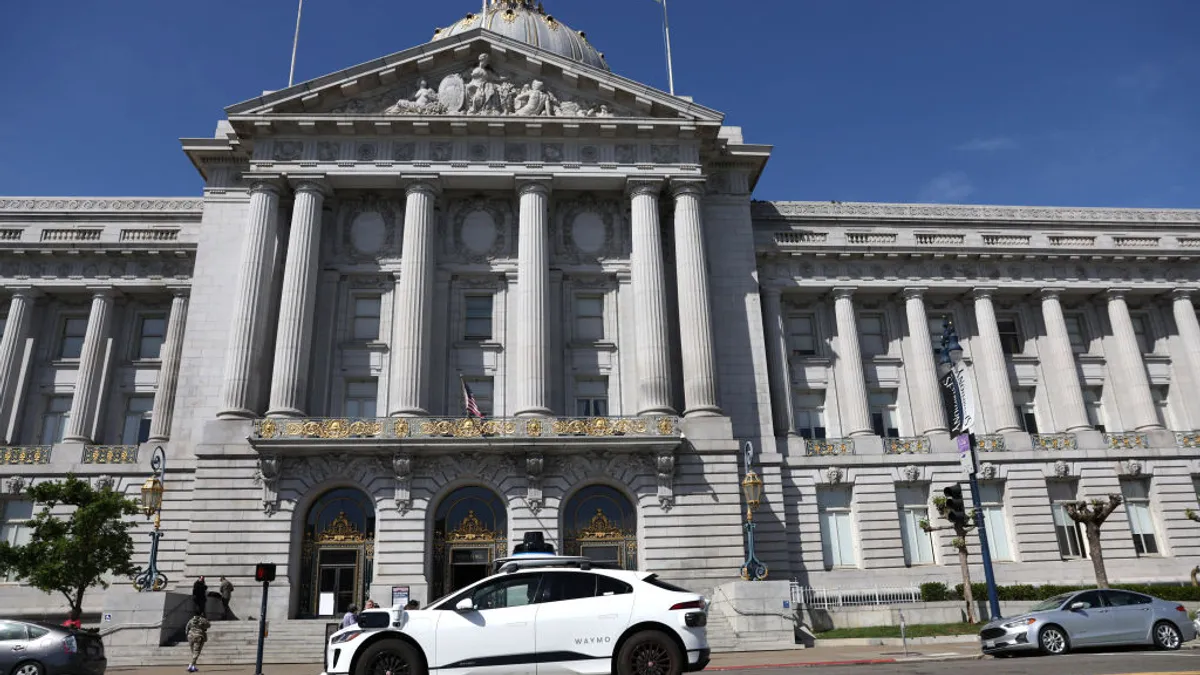The City and County of San Francisco constructively fired several former employees in violation of Title VII of the 1964 Civil Rights Act and California’s Fair Employment and Housing Act after the employees requested religious exemptions from their employer’s COVID-19 vaccination requirement, the 9th U.S. Circuit Court of Appeals held Jan. 30.
According to the decision in Keene v. City and County of San Francisco, the employees sought a preliminary injunction requiring CCSF to accommodate them by allowing them to work remotely or work in-person while wearing personal protective equipment and testing for COVID-19.
A district court denied this motion, but the 9th Circuit reversed. The appeals court held that CCSF could have made such accommodations and failed to show the plaintiffs’ proposed accommodations imposed undue hardship.
“Instead, the record does not reflect that CCSF seriously considered any religious accommodation,” the 9th Circuit said.
Separately, the 9th Circuit found that the district court abused its discretion in finding that the employees did not show irreparable harm and failed to “properly consider the balance of the equities and public interest.”
“Furthermore, as CCSF’s vaccine requirement is no longer in place, there is no burden on CCSF for Appellants’ noncompliance,” the 9th Circuit said. “Meanwhile, Appellants remain constructively terminated—forced to choose between their religious beliefs and their careers.”
The 9th Circuit reversed the district court’s denial of preliminary injunction and remanded with directions to that court to grant preliminary injunctive relief consistent with the 9th Circuit’s decision.
The decision follows a July 2024 decision by the 7th Circuit holding that religious objections to workplace requirements — including vaccination requirements — may incorporate both religious and secular reasons.
Keene also saw the 9th Circuit apply the U.S. Supreme Court’s 2023 decision in Groff v. DeJoy, in which the high court raised the bar under Title VII that employers must meet in order to deny an employee’s religious accommodation request. The 9th Circuit noted that accommodations proposed by the Keene plaintiffs presented “minimal cost” to CCSF, and that CCSF’s worksite hosted appointments with members of the public regardless of vaccination status.













